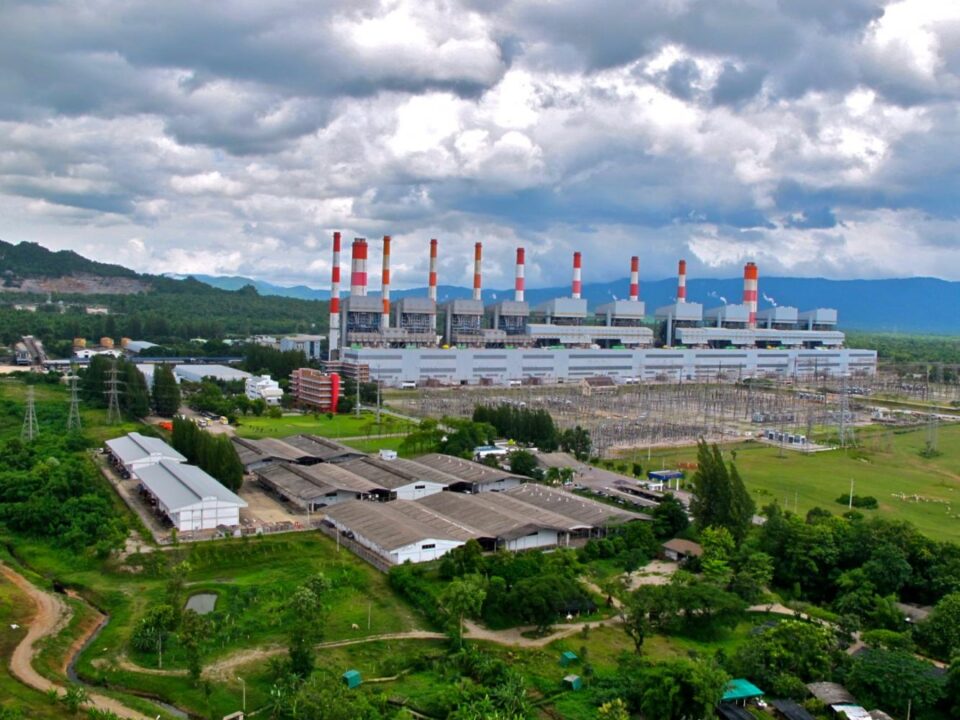The present cost of 4.77 baht per unit would be reduced to 2.50 baht for family users and 2.70 baht for commercial customers, according to the ruling Palang Pracharath party.
The party intends to restructure the energy industry in a way that will reduce electricity prices, according to Mingkwan Saengsuwan, a policy consultant for the organization.

The United Thai Nation Party has promised to lower the cost of energy for low-income earners and farmers to 3.90 baht per unit. Prime Minister Prayut Chan-o-cha is the party’s first candidate for premier.
The highest electricity charge would be 3.50 baht per unit, according to the Thai Sang Thai Party, which is headed by the former public health minister Khunying Sudarat Keyuraphan.
Within 100 days of taking office, the Move Forward Party will lower the rate by 0.70 baht per unit.
The Democrat Party claims that by reviewing the mechanism used to determine the fuel tax, the price per unit will decrease by up to 1.50 baht and range from 3.27 to 3.77 baht going forward.
The price of electricity in Thailand is determined by a mix of fuel tariffs and production expenses. The current fuel price is 98.27 satang per unit for both domestic and commercial customers.
Senior Democrat Kiat Sitteeamorn stated that his party will reorganize energy rates to assist people save money, noting that this is a “sustainable solution”.
Electricity costs will be reduced by the Thai Pakdee Party to 2.50 baht per unit. According to party chairman Warong Dechgitvigrom, a Thai Pakdee administration will encourage farmers to cultivate more Napier grass for biofuel to lower the price of power.
The Pheu Thai Party claimed it will lower the cost of power generation in order to lower electricity prices, although it did not provide a figure. Any cost savings would depend on production costs, according to former energy minister and deputy party head Pichai Naripthaphan.
Thailand has to enhance its local fuel supplies, particularly those from overlapping claims regions in the Gulf of Thailand, Pichai added, because imported liquefied natural gas is the primary fuel used to create electricity in the nation.




